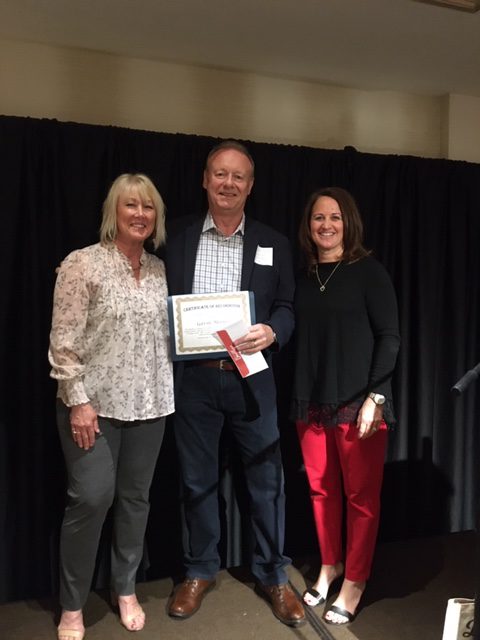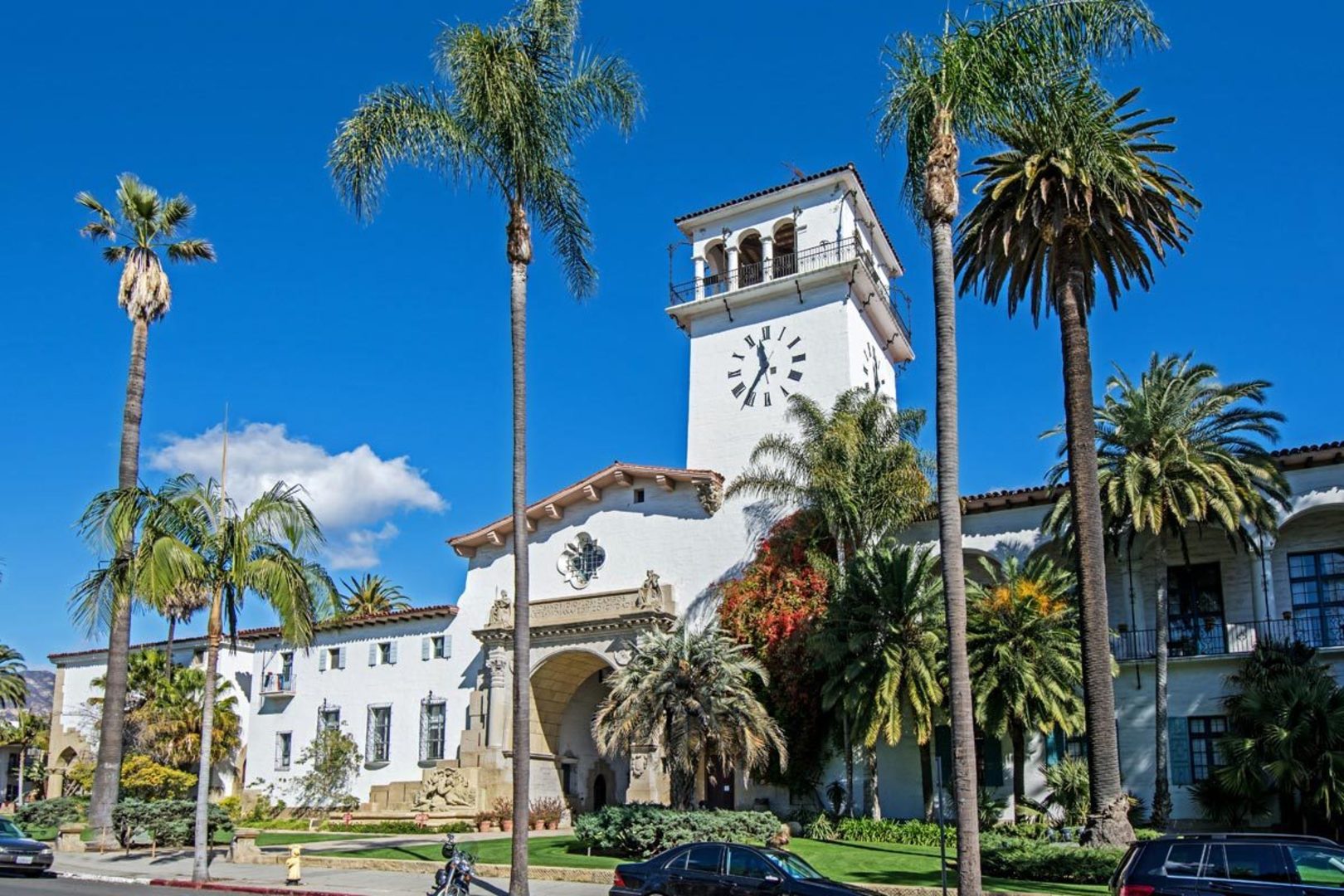By Raiza Giorgi
publisher@santaynezvalleystar.com
Citing an unauthorized decision by a federal official, the U.S. District Court in the Central District of California has vacated a January 2017 decision to make the 1,400 acres of agricultural land known as Camp 4 part of the Santa Ynez Band of Chumash Indians’ reservation.
The decision to vacate the fee-to-trust transfer was made by U.S. District Judge Stephen Wilson after he agreed that the Department of the Interior lacked the authority for the final issuance on the trust, which made the final environmental analysis incomplete, according to the minutes from the Civil Court actions.
Instead of requiring a more comprehensive Environmental Impact Statement (EIS), the Bureau of Indian Affairs relied instead on the more limited Environmental Analysis (EA) which is what caused the initial appeal to be filed by plaintiff Nancy Crawford-Hall, represented by attorney Barry Cappello of Santa Barbara.
The appeal was then sent to be ruled on by Assistant Secretary for Indian Affairs Kevin Washburn, who resigned in 2015 before making a final issuance.
The final issuance was then made by Principal Deputy Lawrence Roberts on Jan. 19, 2017, who assumed the position of Acting Assistant Secretary on Jan. 1, 2016.
“The position of Assistant Secretary was vacant, so Roberts didn’t have the authority to place the land into trust,” Cappello said.
Judge Wilson agreed, saying explicit text of the Interior Department regulations authorizes only the assistant secretary to decide appeals in a final agency action.
“Since Roberts signed as Principal Deputy, his decision is invalid and the process will have to start over if the BIA wishes to put the land into trust, and hopefully then if they do, an Environmental Impact Report will be made,” Capello added.
An Environmental Assessment (EA) is prepared for actions in which the significance of the environmental impact is not clearly established. Should environmental analysis and interagency review during the EA process find a project to have no significant impacts on the quality of the environment, a Finding of No Significant Impact (FONSI) is issued.
The application is sent back to the Interior Department’s Bureau of Indian Affairs to either appeal the vacancy within 60 days to the 9th Circuit of Appeals, or restart the process of getting the EA report done.
Cappello said that, given all that has transpired, he believes the process will have a different outcome.
BIA officials said they are reviewing their options.
“Today’s ruling on Camp 4’s trust status was unfortunate, and we firmly believe, as does the Bureau of Indian Affairs, that Deputy Roberts was within his authority to issue a final decision on our Fee to Trust application in 2017. The tribe purchased the Camp 4 property in 2010 with the intention to build homes for our tribal members, and nine years later, we are still working on making that dream a reality. Camp 4 has always been historic tribal land, and the tribe will continue to fight to ensure adequate housing for its members.” Kenneth Kahn, Tribal Chairman for the Santa Ynez Band of Chumash Indians.
Crawford-Hall, a former owner of the Camp 4 property, has been a longtime voice of opposition against the tribe taking the land into their reservation. Making the land part of the tribe’s sovereign nation puts it outside of local planning, development and taxation authority, and Crawford-Hall asserts that the tribe’s plans to build 143 homes and a tribal hall would put severe strain on the land’s environmental resources, Cappello explained.
“Nancy feels vindicated as Camp 4 used to be part of her family’s ranch, which dates back to the Spanish land grants. She knows the impact on the water and resources the trust would have caused, and this has been a one-woman battle to get this overturned,” Cappello added.
Since buying the property in 2010 from the estate of the late actor and winemaker Fess Parker, who purchased it from Crawford-Hall, the Chumash tribe have sought to place the land in trust with plans to build housing for tribal members. Kahn has said from the beginning that the current reservation is too small to accommodate their tribal members and the tribal hall would be used for cultural events. He has also said a majority of the land would still be for agriculture, and they have no plans on building a casino or resort on the property.
Cappello added his office has also been directed to pursue potential action against Santa Barbara County for entering into an agreement with the tribe that removed the county’s opposition to the fee-to-trust effort.
“That agreement wasn’t worth the paper it was written on. Now that the land isn’t in trust, the tribe will have to go through the same environmental process anyone else would have to go through in order to build on agricultural land,” Cappello said.
In response to the recent court decision, Third District Supervisor Joan Hartmann said that if the decision of placing the land into trust is vacated, then the agreement is as well.
The agreement specifically states “If Camp 4 is taken out of trust prior to December 31, 2040, this Agreement shall terminate on the date of the judicial order, judgment, or conveyance taking Camp 4 out of trust. If, however, Camp 4 is placed back into trust prior to December 31, 2040, the terms of this Agreement will be in effect from the date Camp 4 is placed back into trust until December 31, 2040.”
“I, like many in the Valley, read with great interest the District Court’s order regarding Camp 4. I believe this is one of the first instances that Tribal Lands have been taken out of federal trust by court order. As I understand the order, the appeals of the 2014 Notice of Decision have now been remanded back to the current Assistant Secretary at the Bureau of Indian Affairs for a final decision.
“I, along with staff and County Counsel, are further reviewing today’s order. Moving forward, I am committed to working with both community members and on a government-to-government basis with the Tribe regarding Camp 4 and preserving the rural character of the Santa Ynez Valley,” Hartmann said in a statement to the Star.
Check back for updates to this story or to read the full Civil Court action click here.







